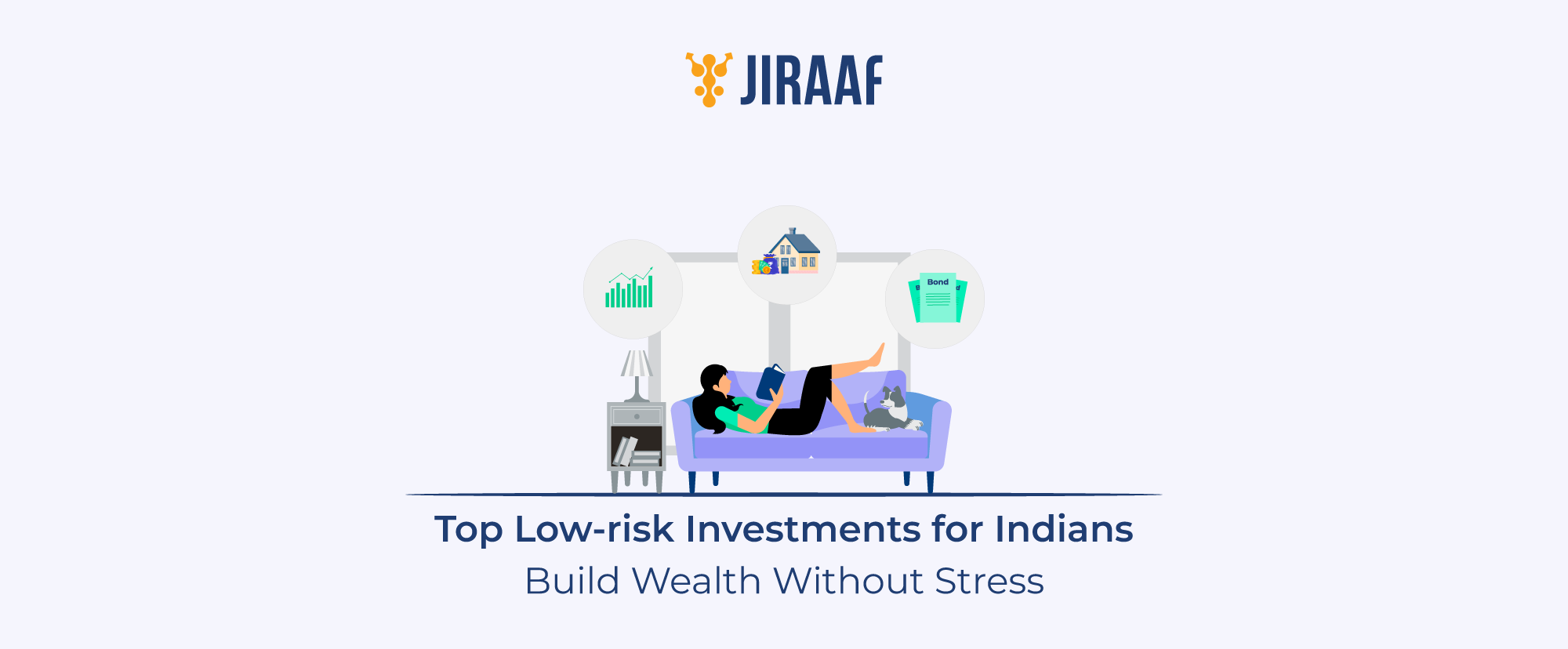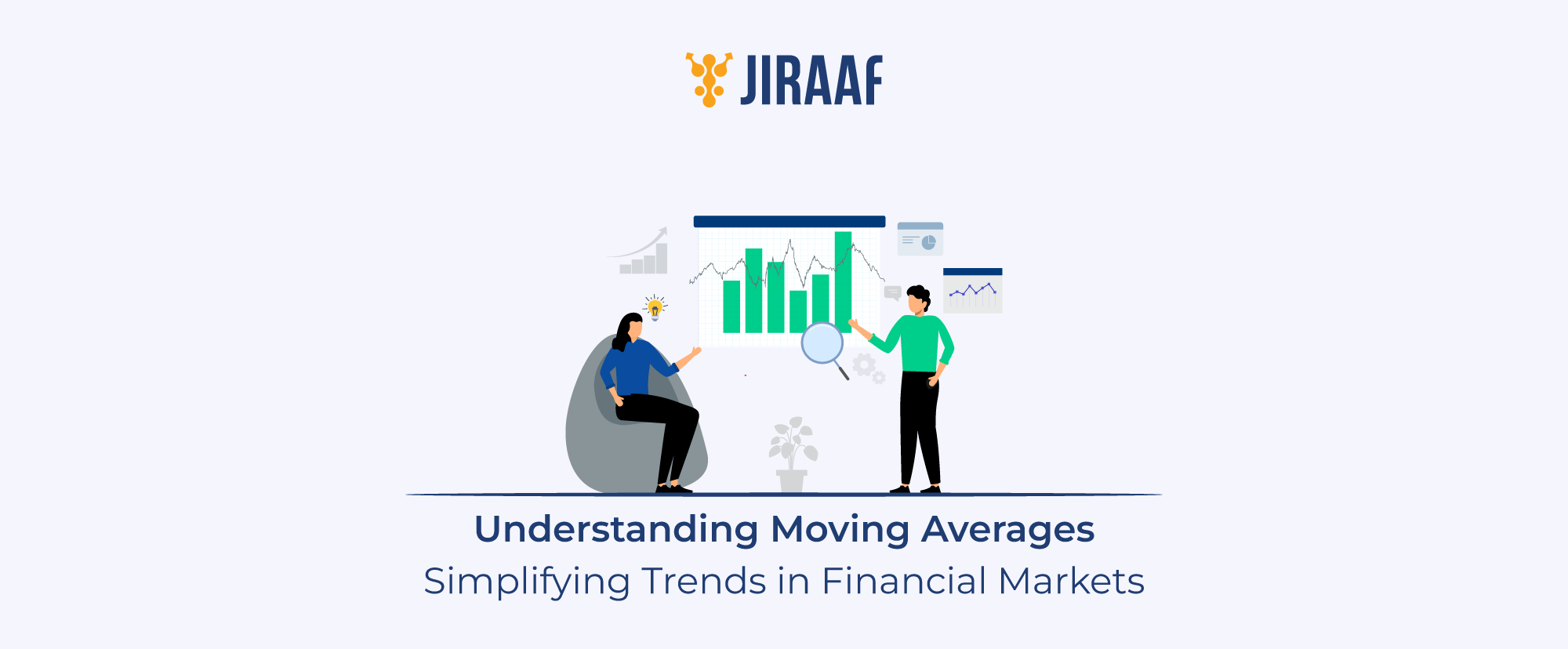When it comes to investing, many people hear about debt mutual funds and corporate bonds but are not always sure how they are different. At first glance, they sound similar because both are linked to fixed income and offer more stability than equities. The difference lies in their structure.
A debt mutual fund works like a basket that holds different fixed-income instruments such as government securities, treasury bills, money market instruments, and corporate bonds. A corporate bond, on the other hand, is just one element of that basket. The real question for investors in 2025 is whether to choose the broad mix of a debt mutual fund or take the direct route of investing in corporate bonds. That is exactly what we will uncover in this article.
Why Compare Debt Mutual Funds and Corporate Bonds?
For many investors, debt mutual funds and corporate bonds often sound like the same thing. Both belong to the fixed income category, both promise more stability than equities, and both are common choices in conservative portfolios. The difference lies in what you are holding. A corporate bond is a direct investment in a company where you lend money and receive Interest in return. A debt mutual fund, on the other hand, spreads your money across multiple such instruments along with other fixed-income securities, offering instant diversification.
This raises a natural question. Is it better to focus on one specific instrument that can offer higher returns, or to choose the broader basket that manages risk by balancing issuers and maturities? From a corporate perspective, both options have their place. One is designed for precision and yield, while the other prioritizes protection and balance. To understand which is right for you, let us first look at what debt mutual funds really are.
What are Debt Mutual Funds?
While debt mutual funds give you exposure to a variety of fixed-income instruments, including corporate bonds, some investors prefer to invest directly in corporate bonds themselves. Corporate bonds are essentially loans you give to a company in exchange for fixed interest payments over a defined tenure. Unlike debt funds, which spread your investment across multiple instruments for diversification, corporate bonds focus on a single issuer.
Investing directly in corporate bonds can offer higher returns if you pick strong, creditworthy companies, but it also concentrates risk and often requires a larger capital commitment. Next, let’s take a closer look at what corporate bonds are, how they work, and when they might be the right choice for your portfolio.
What are Corporate Bonds?
Corporate bonds are debt instruments issued by companies to raise capital. When you buy a corporate bond, you are essentially lending money to the issuing company in exchange for regular interest payments and the return of principal at maturity. These bonds can vary in tenure, credit quality, and interest rates, with higher-rated bonds offering more stability and lower-rated bonds potentially giving higher returns but carrying more risk.
Unlike debt mutual funds, corporate bonds do not pool money from multiple investors. You directly hold the bond, which gives you control over maturity and interest payments but limits diversification. Corporate bonds are suitable for investors seeking predictable income and who are comfortable evaluating the creditworthiness of the issuing company. Understanding corporate bonds also sets the stage for comparing them with debt mutual funds, highlighting the key differences in structure, risk, and potential returns so you can make an informed choice.
Debt Mutual Funds vs Corporate Bonds–Key Differences
While both debt mutual funds and corporate bonds are fixed income options, they differ significantly in structure, risk, and flexibility. Understanding these distinctions helps you choose the option that aligns with your financial goals.
| Feature | Debt Mutual Funds | Corporate Bonds |
| Structure | Pool of investors’ money invested across multiple fixed income securities | Individual debt instrument issued by a single company |
| Diversification | High, spreads risk across multiple bonds and securities | Low, risk concentrated in the issuing company |
| Liquidity | Generally high; can redeem anytime with NAV adjustment | Moderate; may require selling in secondary market or holding till maturity |
| Minimum Investment | Usually low, can start with a few thousand rupees | Typically higher, depends on bond denomination |
Now that we have outlined the key differences between debt mutual funds and corporate bonds, the next step is to compare their risk and return profiles. Understanding this will help you see which option aligns better with your financial goals and comfort level.
Risk and Returns Comparison
When deciding between debt mutual funds and corporate bonds, risk and returns play a crucial role. Debt mutual funds offer diversification benefits, while corporate bonds provide straightforward fixed income but with concentrated risk.
| Aspect | Debt Mutual Funds | Corporate Bonds |
| Risk | Spread across many securities, lowering impact of default. | Linked to the financial health of a single issuer. |
| Returns | Moderate, depends on interest rates, fund strategy, and market conditions. | Fixed interest, often higher than FDs, but tied to issuer’s performance. |
| Volatility | Affected by market interest rate movements and credit ratings of holdings. | Less market-driven, but risky if issuer faces downgrades or defaults. |
| Predictability | Returns vary; no guarantee due to market-linked factors. | More predictable as coupon payments and maturity value are fixed. |
Once you weigh the risk–return balance, the next step is to see how much of those returns stay in your pocket. That’s where taxation becomes the deciding factor, and it can tilt the choice one way or the other.
Tax Benefits of Debt Mutual Funds vs Corporate Bonds
Taxation can significantly affect your final returns, especially for short-term investments. Debt mutual funds and corporate bonds are both taxed differently, and this often becomes the deciding factor for investors.
| Aspect | Debt Mutual Funds | Corporate Bonds |
| Tax on Returns | Units bought on/after 1 April 2023: Gains taxed at investor’s slab rate (no distinction of holding period). Units bought before 1 April 2023: If held > 2 years, taxed at 12.5% (without indexation); if ≤2 years, taxed at slab (STCG). | Interest (coupon) taxed as normal income (slab rate). Capital gains: for listed bonds, LTCG (if holding >1 year) taxed at 10% (no indexation) per several sources. |
| TDS Applicability | No TDS on mutual fund redemption. (for residents) | TDS 10% applied on interest if above threshold |
| Tax Efficiency | For new investments (on/after 1 April 2023), the indexation benefit is removed—making them less tax-efficient for long holdings. For older investments (pre-1 April 2023), the LTCG rate is fixed 12.5% (no indexation) | Less tax efficient as entire interest is taxable annually |
| Liquidity and Taxation | Redemption triggers taxation only on the gain component. | Coupon interest is taxed annually whether or not reinvested; selling the bond triggers capital gains tax. |
While tax treatment is important, it’s not the only factor. The real question is which option fits better with your goals, risk appetite, and investment horizon. Let’s look at which is better for investors in 2025.
Which Is Better for Investors in 2025?
The choice between debt mutual funds and corporate bonds depends on your goals, risk appetite, and investment horizon. Here’s a quick guide to help you decide.
Choose Debt Mutual Funds if
- You want diversification across multiple fixed-income securities.
- You prefer liquidity and the ability to redeem units anytime.
- You have been investing for more than 3 years and want the benefit of indexation.
- You seek professional fund management instead of tracking bonds yourself.
Choose Corporate Bonds if
- You want predictable fixed interest income at regular intervals.
- You are comfortable holding a single issuer’s risk.
- You prefer short- to medium-term investments with higher yields than FDs.
- You want clarity of returns without worrying about NAV fluctuations.
In short, debt mutual funds work best for those seeking diversification and tax efficiency over the long term, while corporate bonds suit investors who want direct, fixed income with slightly higher yields.
Conclusion: Smart Debt Investment Choices
Debt mutual funds and corporate bonds may sound similar, but they serve different purposes. Debt mutual funds provide diversification, liquidity, and professional management, making them suitable for long-term investors who value flexibility. Corporate bonds, on the other hand, deliver predictable returns and slightly higher yields but require comfort with single-issuer risk. The right choice ultimately depends on your financial goals, risk appetite, and investment horizon. A balanced portfolio in 2025 can even include both, allowing you to enjoy the safety of bonds while leveraging the diversification of debt funds.









